Karin kaster, a registered dietitian, health expert and author of the metabolic syndrome program, said that breastfeeding is one of the most nutritious periods in a woman's life, especially in the first three months of her life. Healthy fat and more, she said. But what foods provide the nutrition that her body and her growing baby need? Here are 15 best suggestions from several registered nutritionists for the best food choices for nursing mothers.
Credit: Cameron stop on upslash Credit: Julia soudnitzkaya / iStock / gettyimages Advertisements " the source of calcium is crucial, "said Bridget Swinney, a registered dietitian and author of the expected diet," whether it's from dairy products, fortified soybeans or vegetables. " Swinney said that when a lactating mother's calcium needs are not met, the calcium they need is lost from her bones. Although this is absolutely unhealthy for a mother, it can also be harmful to her baby. Any lead that mom came into contact with before she died was stored in her bones. " "We absolutely don't want this to happen again in breast milk," she said. However, a 2005 study in the American Journal of epidemiology found that increasing calcium intake helped reduce lead in breast milk. Credit: nevodka / iStock / gettyimages if you are like most people, you don't need any other reason to eat avocado besides delicious, but there's another one here. Registered nutritionist Bridget Swinney suggests that breastfeeding mothers should have a good combination of healthy fats in their diet, and avocados should also be paired with it. " Avocado is an important source of healthy fat, vitamin C, potassium and fiber. Another registered nutritionist, Karin Castel, also recommends avocados, saying avocado's healthy fat "helps keep skin hydrated, lubricate cells in the body and create healthy energy production." Credit: lockloadador / iStock / gettyimages span> Credit: Credit: studiograndouest / iStock / gettyimages mineral iodine is necessary for the production of thyroid hormone, which is necessary for normal nerve development. Registered dietician Bridget Sweeney said that since the amount of iodine in breast milk depends on the mother's intake, lactating mothers need more iodine. Therefore, mothers who use sea salt should reconsider, she said, although sea salt may contain more other minerals than iodized salt, its iodine content is different. " Using iodized salt is really the safest, "she said. "Eggs are the perfect protein," says registered dietician Karin kaster. "If you spend the whole night with a crying baby or breastfeeding at night, you need a proper breakfast, and eggs are one of the best ways to start the day," she said. But don't throw away the yolk. " Mothers who threw away their yolks lacked key nutrients, such as choline, a B vitamin that is important for the development of brain memory centers, "said Bridget swinni, a registered nutritionist. "Quinoa is another grain that can be added to the breast-feeding mother's diet," said Alicia Simpson, a registered dietitian. Quinoa is the only "whole" protein grain, meaning it contains all the essential amino acids the body needs in a neat little package. A 2010 review in the Journal of food and Agricultural Sciences found that quinoa also contains a small amount of omega-3 fatty acids, which gives lactating mothers another good reason. Eat it. The credit: Los Angeles / iStock / gettyimages Credit:
Sponsored Links 1. Alicia Simpson, registered nutritionist and founder of pea pod nutrition and lactation support, said: "it is well known that oatmeal can moderately increase milk supply, but its benefits far exceed its milk production capacity." Oatmeal is a good source of folate, fiber and protein. " In addition, it has been shown to help stabilize blood sugar, reduce the risk of heart disease, and is rich in antioxidants. It's good for mom and baby! "
2. Calcium rich food
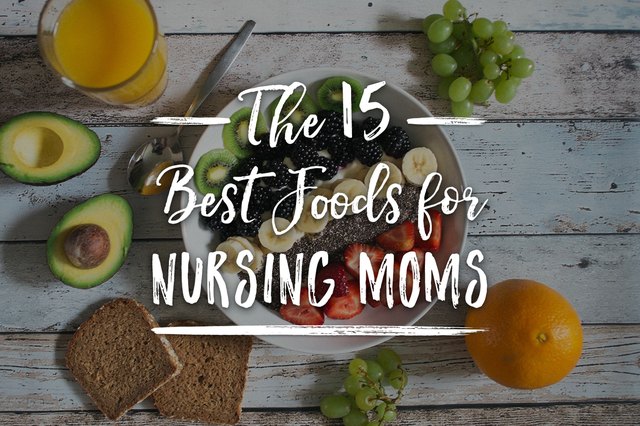
3. Alicia Simpson, a registered nutritionist, said it sounds strange that lentils and beans are made from blood. Iron is essential to your body's blood production. " Beans and lentils are not only an excellent source of protein, calcium, magnesium and B vitamins, but also a rich source of iron, "she said," making them ideal for maintaining a healthy milk supply and a healthy mother. " Bridget Sweeney, a registered nutritionist, also recommends lentils. "Women who are anemic during pregnancy, or who lose blood during childbirth, will definitely benefit from eating foods rich in iron, such as lentils. Avocado
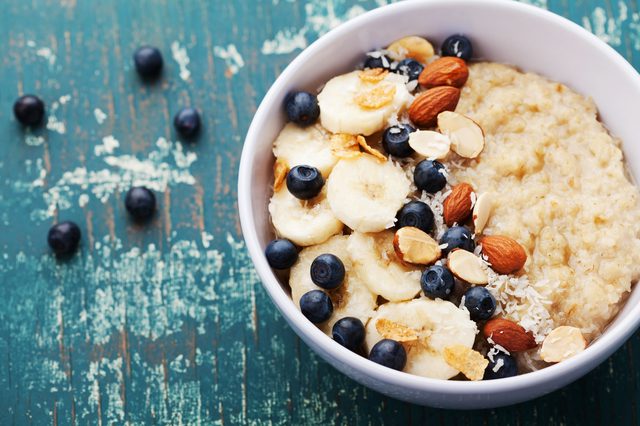
5. Alicia Simpson, a registered nutritionist, said: "the brain is growing at its fastest rate in the first two years of life." Therefore, DHA, an essential fatty acid for brain development, is an important component of human milk. " "By eating foods rich in omega-3 fatty acids, such as flaxseed, flaxseed and walnuts, mothers can not only ensure that their milk is rich in this healthy essential fat, but also their own fat reserves are high," Simpson said. If you want to avoid nuts, registered dietician Bridget Swinney recommends sunflower seeds. " They are not considered tree nuts or ground nuts. They are delicious on salads, snacks or sauces. "They also have a lot of vitamin E," she said. Salmon or barracuda, registered dietician Bridget Swinney likes short chain omega-3 fatty acids from sunflower seeds and walnuts, and she says mothers also need sources of long chain omega-3 fatty acids. Cold water fish like salmon or Barracuda are an excellent source of these EFAs. " "DHA also shows promise in preventing postpartum depression," Sweeney said. And registered dietician Karin Castel felt the benefits of long-chain omega-3, so she developed her own omega-3 fish oil brand "sea licorice". Lactation is the most important time for extra omega-3 fatty acids because the baby's brain is still forming, "she said. "Kiwifruit, raspberry, blueberry and strawberry are rich in vitamin C, and breastfeeding mothers need it," said registered dietician Bridget Swinney. She said the body can't produce or store vitamins on its own, so it's important to add large amounts of vitamin C to your diet. In addition, these fruits are rich in fiber and help "keep moving." "And when it comes to nursing, it's also good to add Smoothie to your one handed breakfast." In addition to these benefits, a study published in the European Journal of clinical nutrition in 2005 showed that vitamin C in breast milk can reduce the risk of childhood allergies in the future. Claudio wintra / iStock / gettyimages
8. Leafy vegetables and green vegetables are rich in vitamin A, C and K, calcium, iron, protein, fiber and antioxidants. Green and leafy vegetables are complex vitamins in nature, said Alicia Simpson, a registered nutritionist. She suggested that nursing mothers put kale, kale, radish, Swiss food, broccoli, spinach and cabbage in the kitchen. Registered dietician Bridget Swinney agrees, noting that just one serving of spinach can provide all the vitamin A you need for a day. " In addition, it is the best source of lutein, an antioxidant stored in the neogenesis of the retina, to protect it from blue light damage and oxidative stress. "
11. Iodized salt
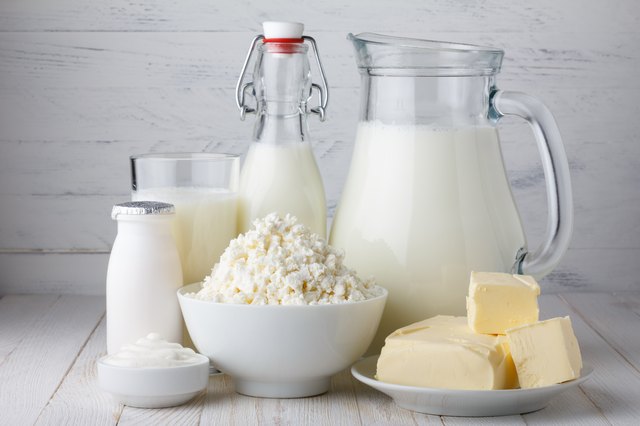
14. Registered dietician Karin caster urged breastfeeding mothers to add erupted cereal bread to their diets. Compared with other breads, germinated grain breads contain extra protein and fiber, she said. This is not the only reason germinated grains are the best choice for nursing mothers. In a 2007 study published in the European Journal of nutrition, breastfeeding mothers who ate sprouted grains performed better on depression, anger, hostility and fatigue tests, and had higher immunity than mothers who did not eat sprouted grains. Nutritious yeast is highly recommended by Alicia Simpson, a registered nutritionist, to breastfeeding mothers. Nutritious yeast is popular with vegetarians for its cheese like flavor. It is a natural source of B vitamins (including B-12) and protein. " "Just two tablespoons of nutritious yeast can provide eight grams of protein," Simpson said. Nutritious yeast has brought so much nutrition shock to your money that it begins to walk out of the vegetarianism circle and enter the mainstream kitchen. " Adding nutritious yeast to your mother's diet, mixing it in sauces and casseroles, or sprinkling it on popcorn or pasta is an excellent way to help her increase the vitality of B vitamins and an additional source of protein. "Simpson said. What do you think of it? Have you fed your baby yet? If so, how much have you changed your diet? Have you tried to eat more nutritiously, or add new foods to your diet to help your child? Leave a comment below to learn about your thoughts on the best food choice for nursing mothers and share some of your own thoughts.
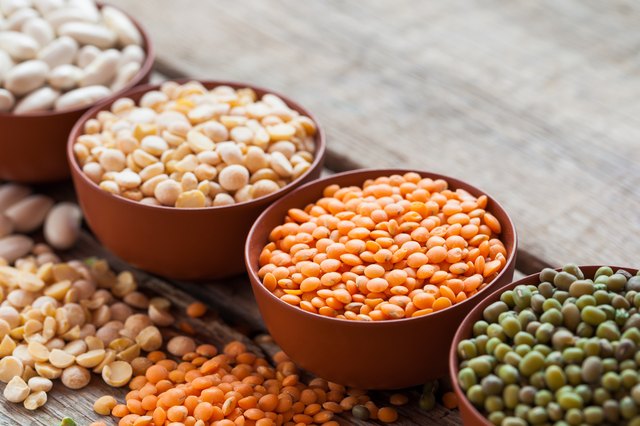
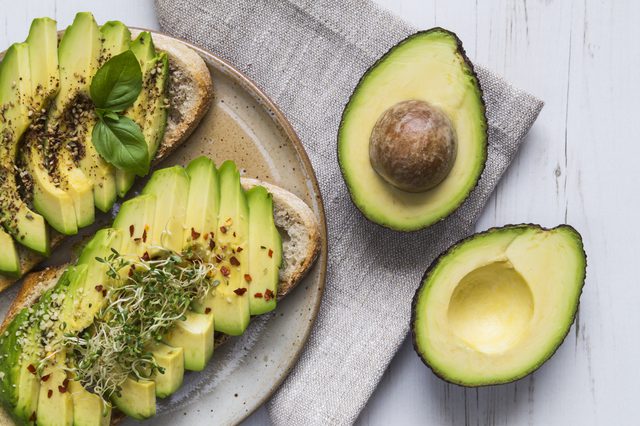
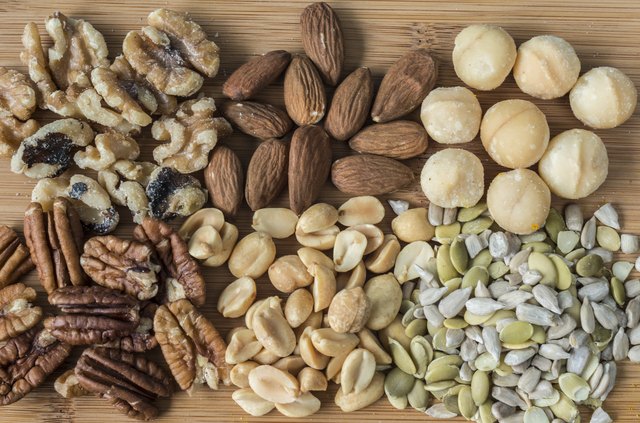
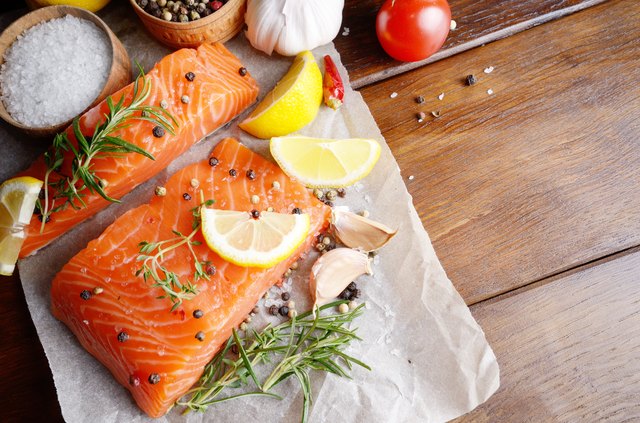
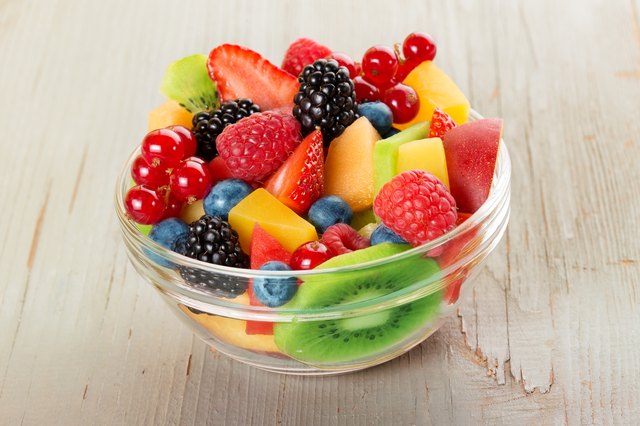
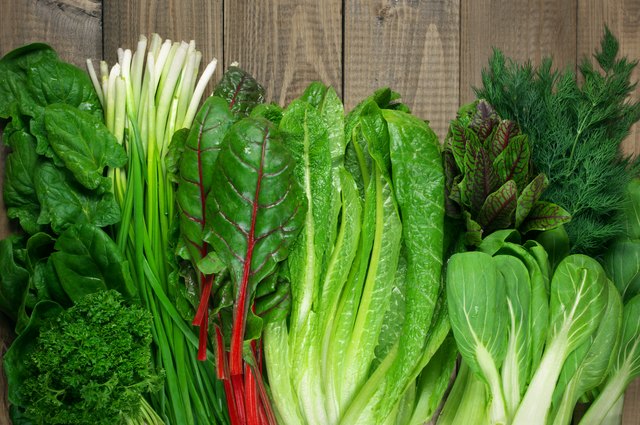
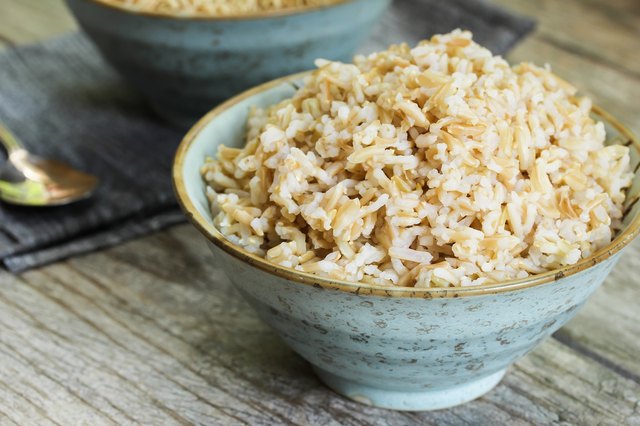
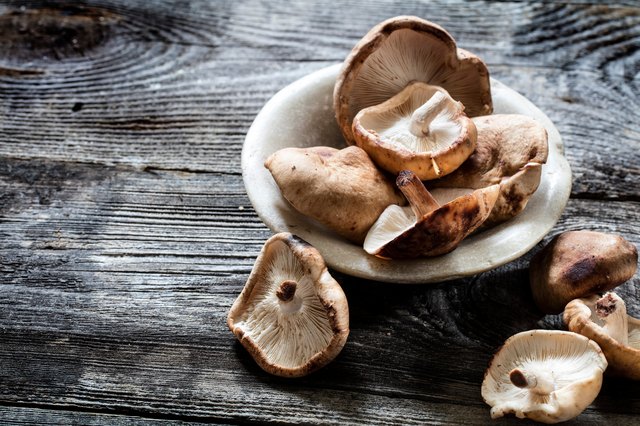
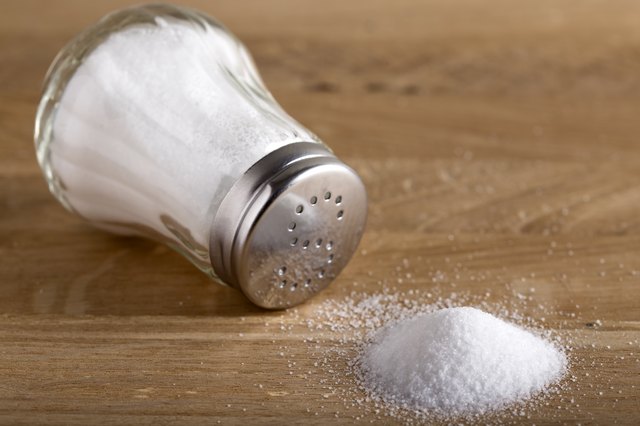
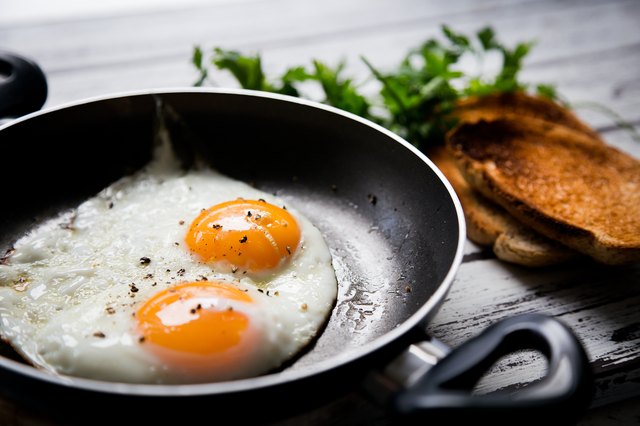
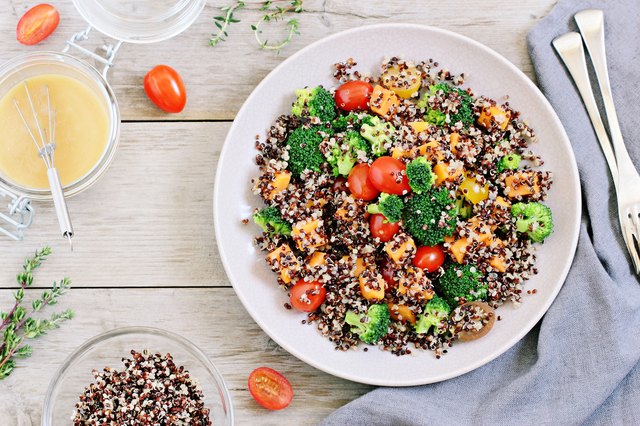
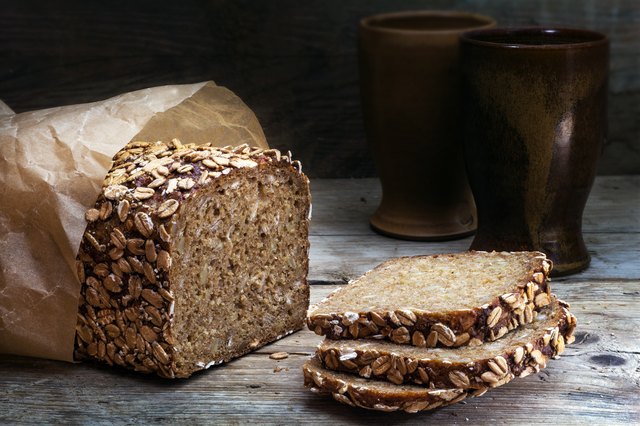
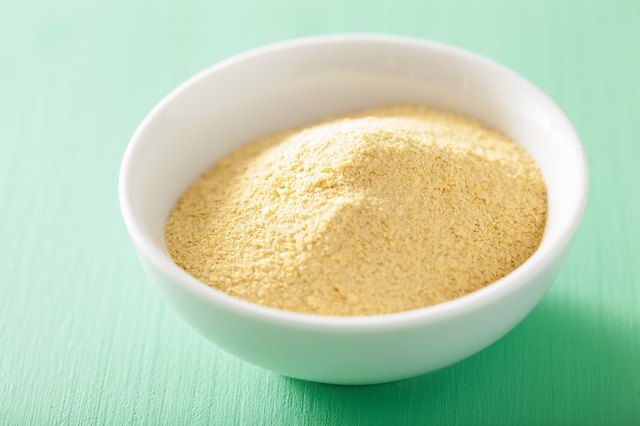


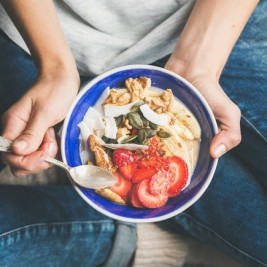
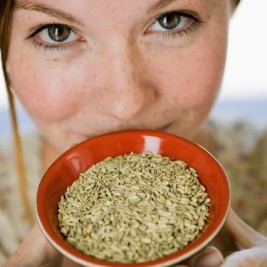
Comments